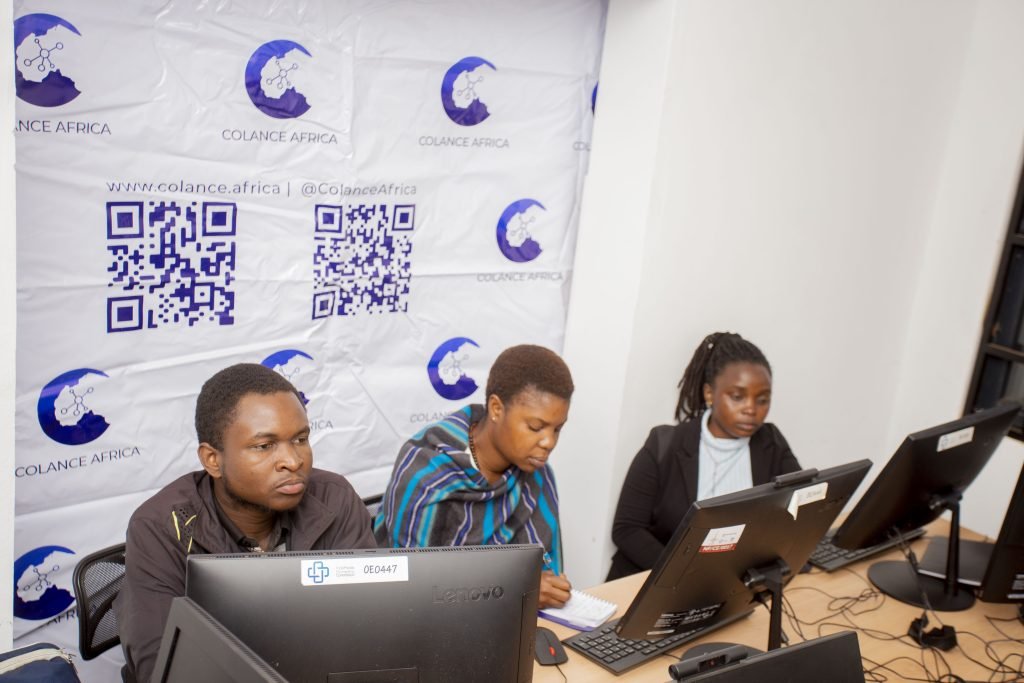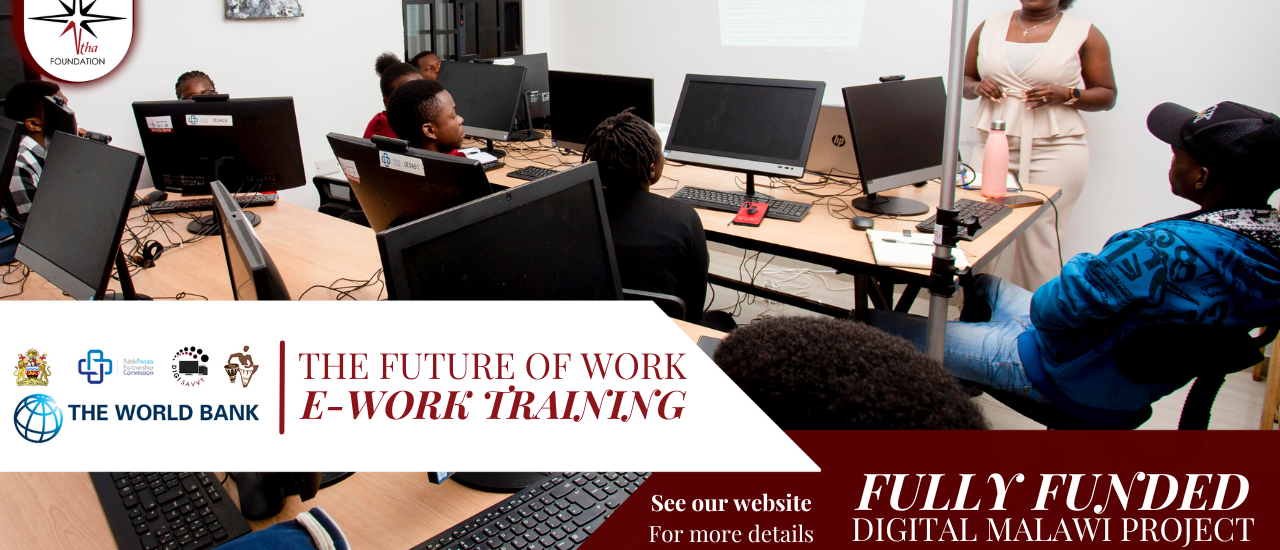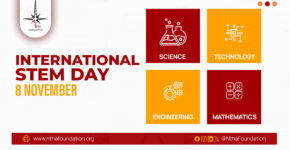In recent years, the concept of remote work or e-work has gained significant traction, and its future looks promising.
The COVID-19 pandemic acted as a catalyst, forcing many companies to adopt remote work models to ensure business continuity. This experience has highlighted the advantages and challenges of e-work, paving the way for its continued growth and evolution.
Here are some key aspects that may shape the future of e-work:
- Increased Remote Work: Remote work is expected to become more prevalent across industries. Employers have realized that many tasks can be performed effectively without the need for employees to be physically present in an office. As technology improves and collaboration tools become more advanced, companies are likely to embrace remote work arrangements to attract talent and reduce overhead costs.
- Hybrid Work Models: Hybrid work models, combining remote work and in-person work, are likely to become the norm. Companies may adopt flexible schedules that allow employees to work from home a few days a week and come to the office for team meetings or collaborative work. This hybrid approach can provide the benefits of both remote and in-person work, fostering collaboration and flexibility.
- Advanced Collaboration Tools: With the increasing reliance on remote work, there will be a growing demand for sophisticated collaboration tools. Companies will invest in virtual meeting platforms, project management software, and communication tools to ensure seamless connectivity and efficient teamwork. These tools will continue to evolve, incorporating features like augmented reality (AR) and virtual reality (VR) to enhance remote collaboration experiences.
- Focus on Well-being: As remote work blurs the line between personal and professional life, there will be a greater emphasis on employee well-being. Companies will prioritize creating supportive work environments, promoting work-life balance, and offering mental health resources. Managers will need to adapt their leadership styles to effectively manage remote teams and ensure employee engagement and productivity.
- Skills for Remote Work: The future of work will demand new skills to thrive in remote environments. Strong communication skills, digital literacy, self-motivation, and adaptability will be crucial. Employees will need to be comfortable using various collaboration tools, managing their time effectively, and staying productive in a remote setting. Upskilling and reskilling initiatives will become essential to prepare the workforce for this new era of work.
- Impact on Cities and Real Estate: The rise of e-work may have significant implications for urban centers and real estate markets. With fewer people commuting to traditional offices, the demand for commercial real estate may decrease, leading to repurposing of office spaces. Suburbs and rural areas could experience growth as people have more flexibility to live farther away from city centers.
- Global Workforce: E-work has the potential to further globalize the workforce. Companies can tap into talent pools worldwide, unconstrained by geographical limitations. Remote work opens up opportunities for individuals in rural or underprivileged areas to access job opportunities that were previously inaccessible. This global talent pool can foster diversity and innovation within organizations.
These are just a few of the reasons why as Ntha Foundation, we have taken interest in bridging the gap between Malawian youth, and opportunities which exist in the digital world. Through the Kwathu Innovation and Creative Centre, the past week, we hosted the FULLY FUNDED E-Work training, under our Digi Savvy Africa Digital Malawi Project!




Our E-Work training by our ICT Lead – Becky, at the Kwathu Innovation & Creative Centre
The Training Workshop aims at empowering out-of-school youths with essential skills for the digital marketplace. We are excited to offer this workshop which will equip 100 talented individuals with the knowledge and tools to excel in the online freelancing industry.
While the future of e-work appears promising, it is important to address certain challenges such as maintaining work-life balance, managing virtual team dynamics, and addressing potential feelings of isolation. Continuous adaptation, effective communication, and robust policies will be crucial for organizations to navigate this changing landscape successfully.
To keep up with the work of the Ntha Foundation, our hub, initiatives and projects, follow our social media pages:







